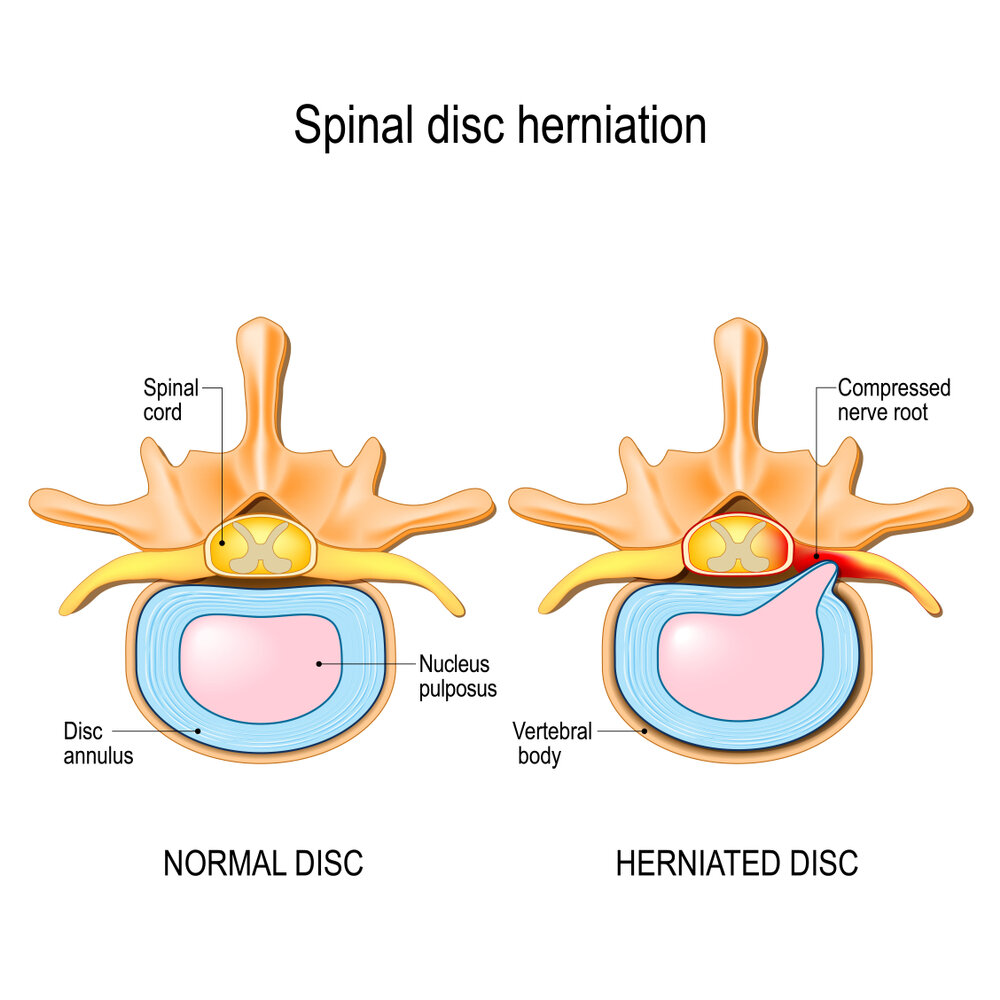What You Need to Know About Herniated Disc Treatment?
"Herniated disc" is not a phrase about which we tend to learn in school biology classes. Patients usually come across it from a therapist or doctor for the first time, just after finding themselves in their neck, back or legs with excruciating pain, wondering what they've done to themselves on earth! You can go for herniated disc treatment in OKC to get rid of the pain.
We can compare our spines with a series of cotton reels, surrounded by soft tissues and between them are sponges like tissues. The reels of cotton are the bones and the discs are the cushions. When a disc's core or nucleus reaches out and even goes through the disc's surface, that's what we call a herniated disc.
The good news is that with manual therapy and exercise or with IDD therapy disc care, the vast majority of herniated discs can be managed without surgery. It's just a small percentage of surgical cases that go on.
The article helps explain what causes a herniated disc and how non-surgical procedures are aimed at mitigating the worsening condition.
Healthy discs before herniation, it is important to know what happens to cause a herniated disc and understand its treatment.
Between our spine bones lies a spinal disc or "intervertebral disc." Each bone (vertebra) is a solid structure in the spinal column. The discs serve as shock absorbers sandwiched between the vertebrae to stretch our spines and support the vertebrae that are stacked on top of each other.
The discs are very powerful, somewhat spongy, and provide cushioning. They consist of an outer collagen wall and a toothpaste-like substance, called the nucleus pulposus, is the center of the disc. The nucleus at birth is made up of 80% water and this amount decreases as we age.
Hydrostatic pressure is called hydrostatic pressure if a disc is healthy and it is inflated like a tire of a bicycle. The most important thing we can do is to walk, have good posture, and drink plenty of water to look after our discs.
Movement, Attitude, and Hydration
The explanation for movement and good posture is so critical is that the discs help support our body's stress. If we stop moving, the consistent pressure pushes the disc nucleus against the outside wall and weakens it over time.
The water is absorbed by the discs, and they are unable to absorb water if they are under constant pressure (compression). Without air, some of the hydrostatic stress and shock-absorbing properties of the discs are lost. Moreover, as the discs lose water, the disc's walls will dry out and weaken, rendering them less capable of maintaining the nucleus inside, rather like a dam's weakened walls holding backwater.
We are constantly talking to our patients about posture. Sitting and slouching from our disc’s squashes life. That's because we put a lot of pressure on the discs at the base of the spine when we slouch over.
We wedge the front side of the disc as we slouch in one place and the disc nucleus is pushed back tightly against the back of the disc. The front side will dry out and weaken gradually while the backside of the disc can collapse due to the nucleus being forced back against it for long periods of time.
When the surrounding muscles are stiff, stress can also be exerted on the body, meaning that there is less protection for the discs, and they are squashed even more. The muscles in our back and our "heart" muscles provide important aid in keeping the spine healthy and protected, which eliminates excess pressure from the discs.
We are recommended to drink two liters of water a day. Our discs are made of collagen, which is the same substance that we have in our bodies. We humidify our skin so that it does not dry out. For the collagen in our discs, moisture in the body is necessary, and without enough water, the walls of the discs may dry out and weaken.
You can contact Oklahoma Pain Treatment Centers for herniated disc treatment and get rid of the acute pain.`
**Disclaimer: This blog post does not establish terms of a doctor-patient relationship and is not intended to be taken as a doctor's advice.


